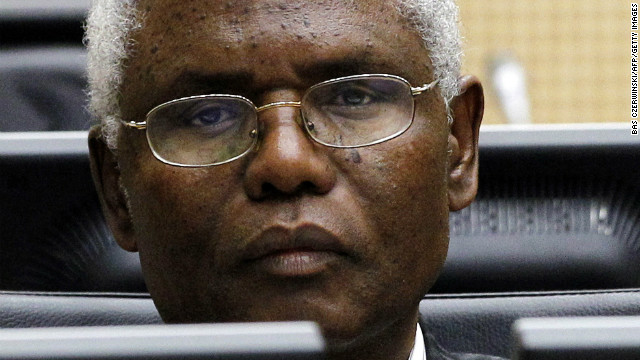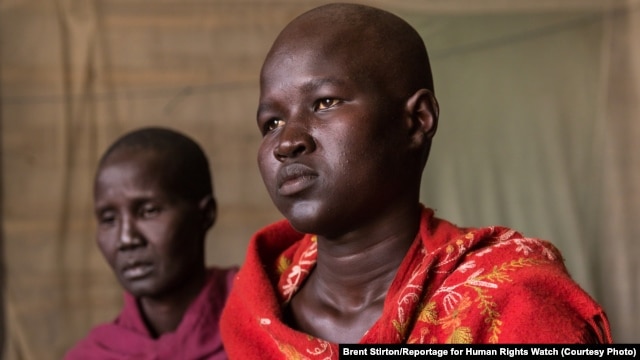By Hannah Stewart
Impunity Watch Reporter, Africa
NAIROBI, Kenya — Kenya’s Prime Mister Raila Odinga filed an incendiary appeal with the Supreme Court on Saturday, alleging widespread ballot rigging and contend that “glaring anomalies” existed in the vote. As such, Odinga is petitioning to court to void the results and order a new election.

Approximately one hundred of Odinga’s supporters gathered in downtown Nairobi outside the courthouse just before the petition was filed. Many wore shirts brazenly displaying slogans including “Democracy on Trial” and “I Support the Petition.”
The police had warned the Coalition for Reforms and Democracy supporters they would not be allowed to gather, and fired tear gas into the crowd to force them to disperse.
Since the March 4 election, Odinga has urged his supporters to remain peaceful and refrain from rioting, as they did in 2007 when he narrowly lost Kenya’s last presidential election amid widespread evidence of vote rigging similar to the allegations he is making now.
The presidential, legislative and municipal elections were Kenya’s first elections since the 2007 poll that triggered nationwide ethnic and political violence. This violence resulted in the death of more than 1,200 people.
On March 4, millions of Kenyans flooded to the polls. According to the national election commission, Uhuru Kenyatta – son of Kenya’s first president – won 50.07 percent of the vote, avoiding a runoff by a nominal margin of approximately 8,000 votes.
Odinga won about 43 percent. However, he claims in his petition to the court that his vote was covertly reduced and that Kenyatta’s was inflated in a “deliberate, well-calculated and executed ploy” to hand the election to Mr. Kenyatta. Moreover, the petition claims that there were problems with the registration of voters and an electronic vote counting mechanism.
Odinga’s attempts to nullify Kenyatta’s victory will be the first significant test for Kenya’s new Supreme Court, established under a constitution adopted in a 2010 referendum. Chief Justice Willy Mutunga, appointed in 2011 to reform a corrupt legal system accused of serving elitist interests, will be under international scrutiny to render a transparent verdict.
Mutunga received death threats in the weeks before the vote, but he has promised that the judiciary will act without “favor, prejudice or bias” when handling election complaints. Moreover, he has already invited the media to cover any court proceedings live.
Odinga was the also the runner-up in the 2007 presidential election to Mwai Kibaki, which he also said was stolen.
In his acceptance speech last Saturday, Kenyatta called the election “free and fair” and a “triumph of democracy.”
For more information, please see:
BBC News – Raila Odinga Files Kenya Election Appeal– 16 March 2013
Reuters – Kenya’s Odinga Challenges Election Defeat in Top Court – 16 March 2013
The New York Times – Kenya Court Asked to Order New Election for President – 16 March 2013
The Washington Post – Kenya Police Tear Gas Prime Minister’s Supporters as He Files Court Case Against Election Loss – 16 March 2013



